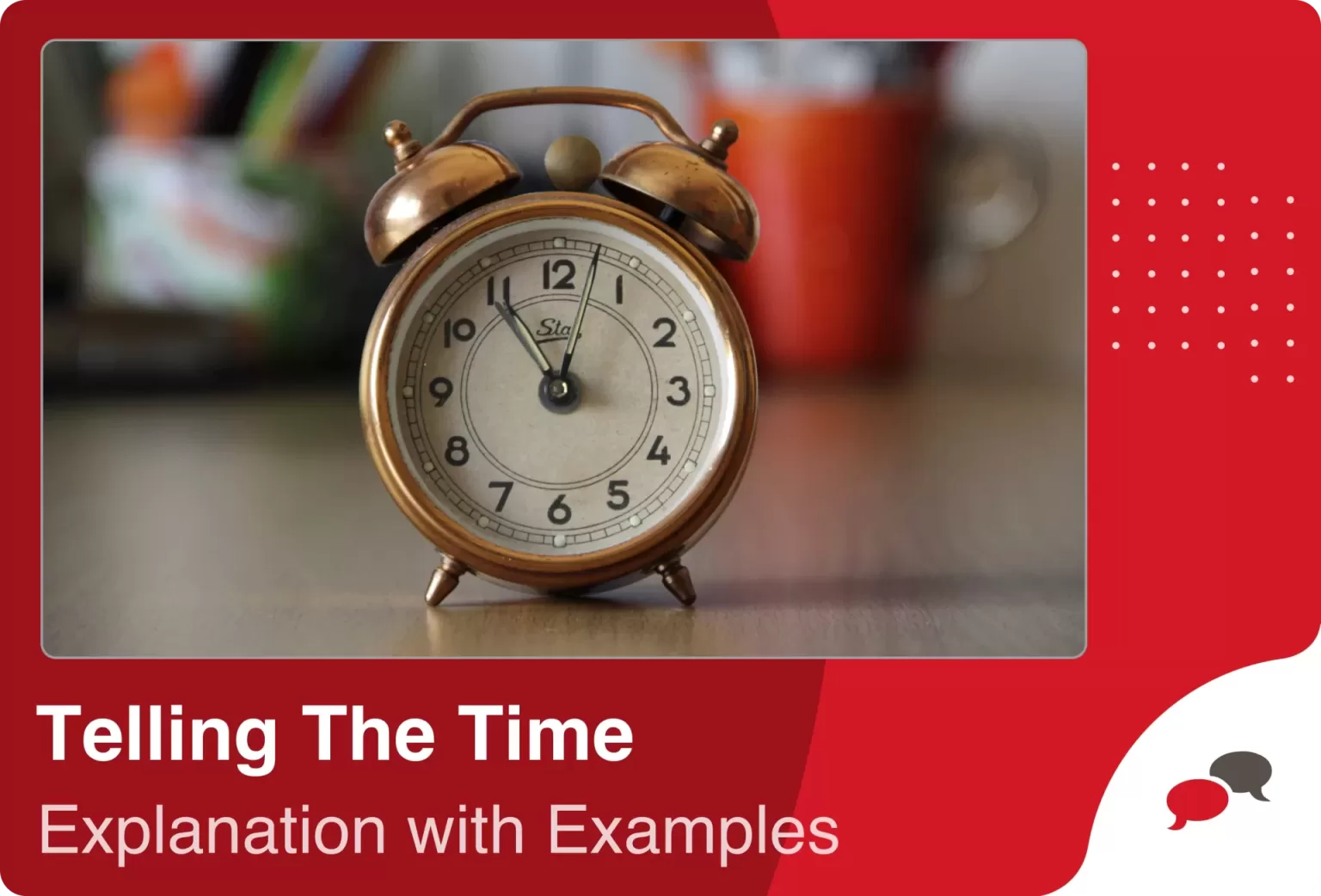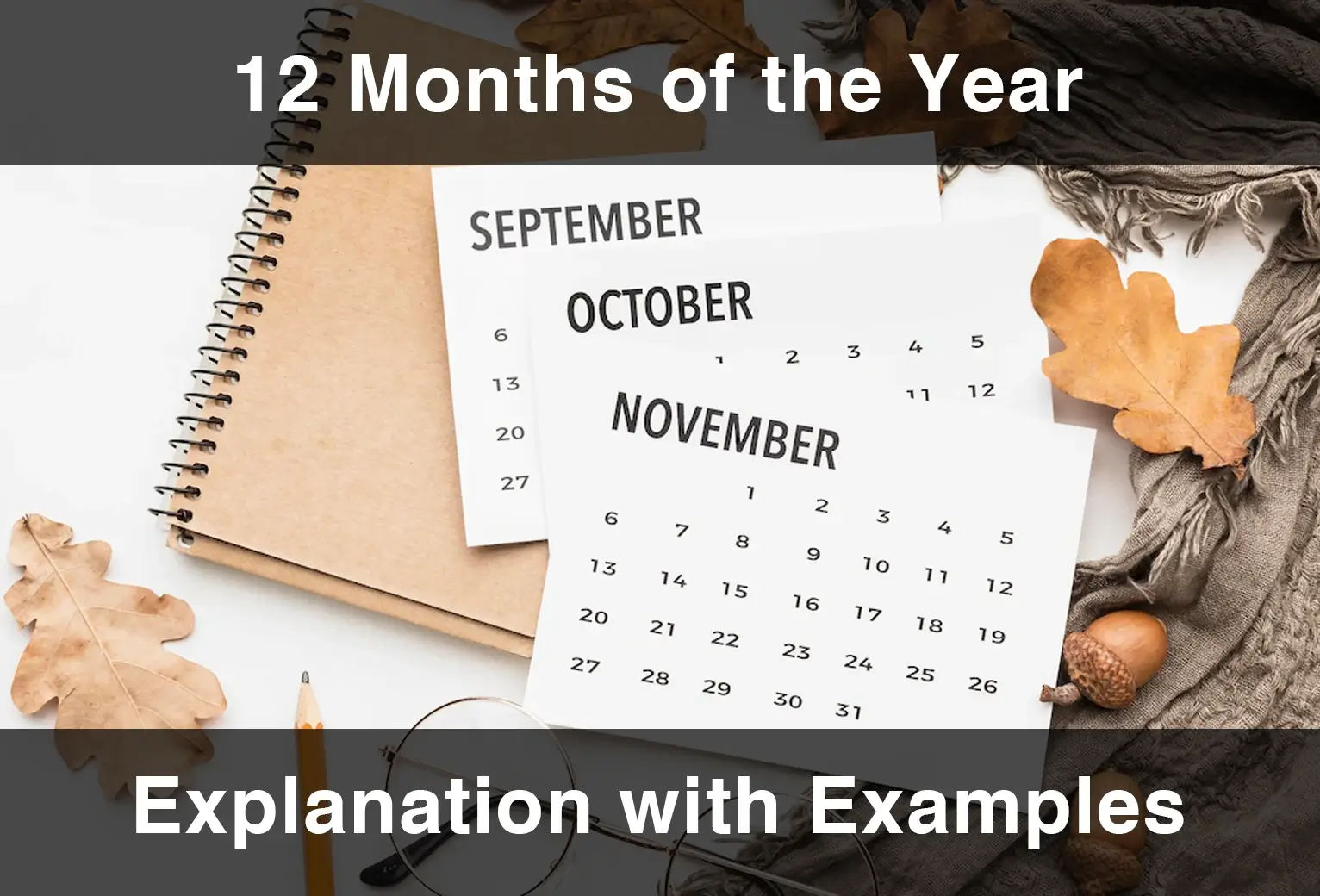Adjectives are an integral part of the English language. They help us to express emotions clearly and be a lot more specific when referring to different nouns. They include a huge variety of words that you might not have even realized were adjectives. This article is prepared to assist you on your journey of speaking English better and to teach you all about adjectives in English.
What is An Adjective?
The Cambridge Online Dictionary defines an adjective as “a word that describes a noun or pronoun”. Adjectives come before nouns to say something about them. They describe the qualities of a noun; color, size, other qualities etc. Some adjective examples are big, red, fun.
How Are Adjectives Used in Sentences?
Because adjectives are used to describe nouns, they usually come before nouns. Here are some examples:
She has a purple car.
That big building is where I used to work.
This is a really fun movie.
Adjectives can also come after a noun and a word that links them together. Here are some examples:
That cat is really cute.
The festival was so fun.
Your house is beautiful.
Types of Adjectives
While all adjectives describe nouns, there are 13 different types of adjectives in the English language. Here is a list of these adjective types and a short description of each:
Comparative adjectives: They compare two nouns. Some examples are taller, cheaper, more expensive, etc.
Superlative adjectives: They compare more than two nouns and refer to the most supreme one out of them all. Some examples are fastest, most beautiful, least expensive etc.
Predicate adjectives: They appear in the predicate of the sentence. An example would be “She is short.”
Compound adjectives: They are made of two or more words, usually separated by hyphens. Some examples are short-term, long-term, ice-hot, blue-collar etc.
Possessive adjectives: They express possessions and ownership. Some examples for possessive adjectives are my, your, its, her, his, ours etc.
Demonstrative adjectives: They express relative positions. Some examples are this, that, these, those.
Proper adjectives: They are derived from proper nouns. They are used to describe something that is related to a specific person or place. Some examples are Victorian, Shakespearean, American.
Participial adjectives: They are based on participles, and usually end with either -ed or -ing. Some examples are amazing, impressed, etc.
Limiting adjectives: They limit nouns and pronouns more so than attributing a quality to them. Some examples are these, those, some, etc.
Descriptive adjectives: They describe characteristics and qualities of nouns. Most adjectives are descriptive adjectives. Some examples are blue, three, scary, etc.
Interrogative adjectives: They are used to ask questions. Some examples are what, where, when, etc.
Attributive adjectives: They are directly next to the noun, either before or after it. Some examples are beautiful dress, nice gift, something pretty, etc.
Distributive adjectives: They refer to members of a group individually. Some examples are each, every, etc.
Absolute Adjectives
Absolute adjectives are adjectives that cannot take a comparative or superlative form. They also cannot be in comparative sentences. Some examples for absolute adjectives are dead, pregnant, complete, essential, red, pink, etc.
Let’s use absolute adjectives in sentences:
He is dead.
Your sister is pregnant.
My project is complete.
The red car is over there.
This is an essential book for the library.
The empty box is gone.
That painting is really unique, it’s in a style I have never seen before.
The cake I made is huge.
Comparative Adjectives
Comparative adjectives compare two nouns to each other or compare the same noun to itself in order to show change. Some examples of comparative adjectives are more, less, bigger, smaller etc.
Let’s use comparative adjectives in sentences:
My brother is taller than me.
I want a bigger slice of cake.
This book is cheaper than the other one.
The streets are less crowded on the weekdays.
This new job is so much more stressful than I expected.
Coordinate Adjectives
Coordinate adjectives are multiple adjectives that describe the same noun. They should be separated by commas. These adjectives describe the noun equally, therefore changing their order does not change the meaning. Coordinate adjectives are not specific words, the only identifier of them is that they can change order.
Let’s use coordinate adjectives in sentences:
This is a beautiful, delicious cake.
We met on a dark, rainy day.
I got my sister sparkly, eye-catching shoes.
This book was moving, emotional and amazing.
My mother is a loving, patient person.
Most Commonly Used Adjectives in English
We always use adjectives when speaking English, but we use some a lot more than others. Here is a list of the most commonly used adjectives in English and sentence examples.
Beautiful: That is a beautiful dress.
Ugly: The neighbors renovated their house and it looks so ugly.
Kind: You are a kind soul.
Fast: They know I am a fast eater.
Short: The new kid is quite short.
Late: I am late to class again.
Low: That is a low price for that meal.
Good: This restaurant is really good.
New: I bought a new book.
First: This is the first time I went out in a week.
Last: Last night was really cold.
Long: We watched a long movie.
Great: A great song came out yesterday.
Little: I saw a little kitten today.
Own: This is my own textbook, yours is in the other room.
Other: The other school is farther away.
Old: My brother adopted an old cat.
Right: This isn’t the right time to change schools.
Big: I want a big coat.
High: That mountain is really high.
Different: The coffee I always drink was different today.
Small: The small puppy is waiting to be adopted.
Large: The room I’m staying in is really large.
Next: The next book I plan on reading is really long.
Early: Early mornings are so beautiful.
Young: The new violinist is young, she is only 14.
Important: This important job is not to be taken lightly.
Few: The few drinks I tried were good.
Public: The public pool is a great way to exercise and cool down in the summer.
Bad: He is a bad football player, but he loves playing football.
Same: We bought the same sweater.
Adjectives vs. Adverbs
Adjectives and adverbs are often confused, as their role in a sentence is description. It is what they describe that differentiates them. Adjectives describe nouns and pronouns, adverbs describe adjectives, verbs and other adverbs. Adverbs usually take the -ly suffix. Let’s compare them in sentence examples.
Adjective: The public pool is very crowded this time of day.
Adverb: The celebrity couple publicly broke up today.
Adjective: The right thing to do is to apologize to your friend.
Adverb: Turn right.
Adjective: Last night I got sick.
Adverb: I called him last.
Adjective: We should buy mom different gifts.
Adverb: You treat her differently.
Adjective: Great jokes were made by the boss in the meeting today.
Adverb: You helped us greatly.
Frequently Asked Questions About Adjectives
What are 10 adjective examples?
attractive
pretty
beautiful
ugly
hard
short
easy
gentle
cheerful
itchy
You can find more examples of adjectives in our article above.
What are the types of adjectives?
Attributive adjectives
Predicative adjectives
Comparative adjectives
Superlative adjectives
Coordinate adjectives
Appositive adjectives
Compound adjectives
Participial adjectives
You can learn all about the types of adjectives in our article above.
What’s the difference between adverbs and adjectives?
Adjectives describe nouns and pronouns while adverbs describe verbs, adjectives and other adverbs.
What are 5 adjective examples?
delightful
eager
grumpy
shapely
plain
Would you like to put what you have learned into practice? You can access everything you need to learn English on a single platform! With 25-minute one-on-one live English lessons, 40-minute group lessons, more than 30,000 interactive videos, vocabulary learning tools, AI-supported tutor MiMi, quizzes, and interactive activities, EnglishCentral offers its users a personalized and quality education plan at an affordable price. How about registering for EnglishCentral now and starting to learn English?











